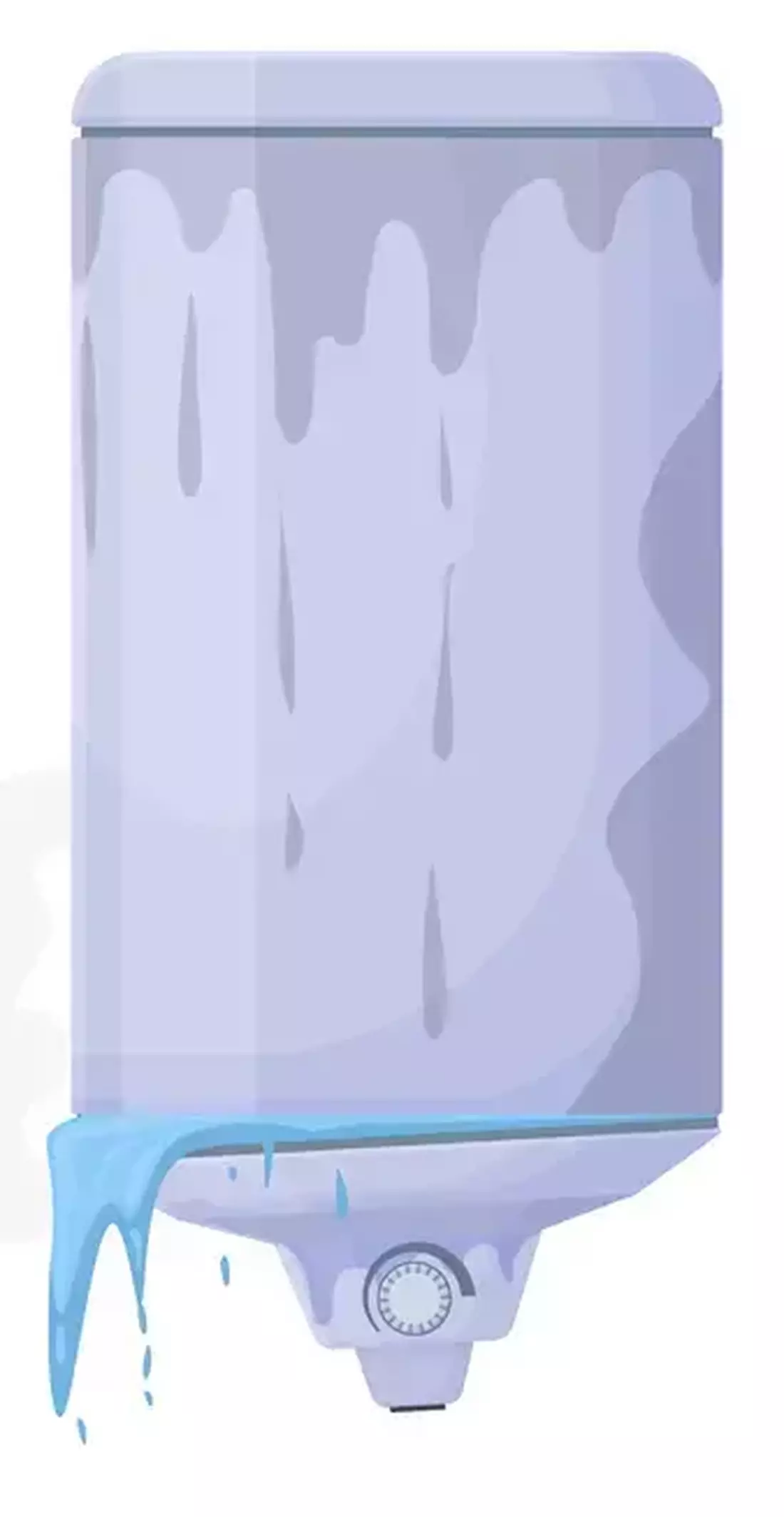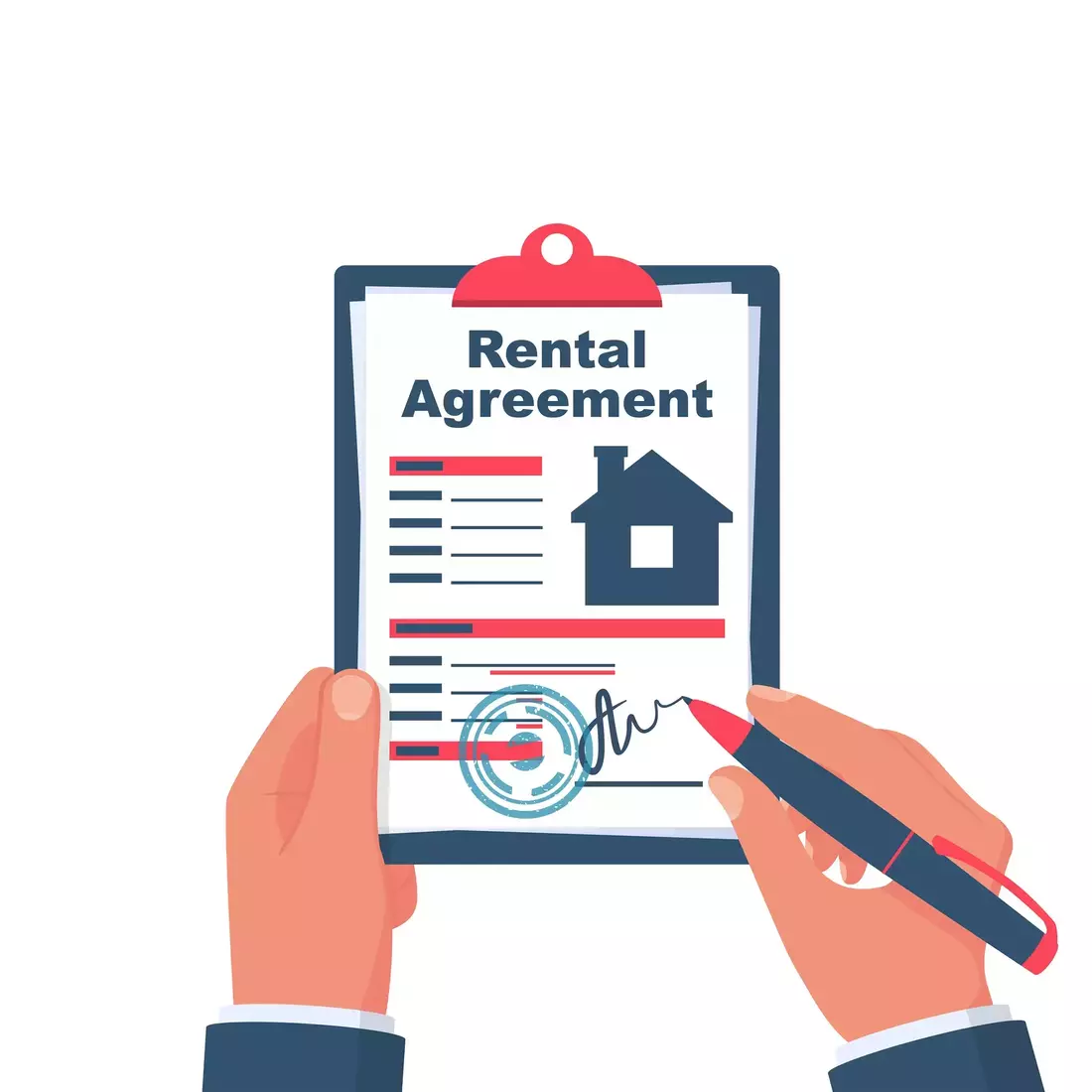How Are Housing Disrepair Claims Valued?
- Faults and issues covered
- Responsibility of disrepair claims for both parties
- Receive a fixed proportion of your rent as compensation
As a tenant, you have a right to live in a home that’s well-maintained. If some items need to be repaired and are being ignored by your landlord, it’s difficult to not feel alone in this situation. Fortunately, disrepair claims can be made that will fix the issues and give you compensation for the inconvenience.
This article will go into detail about housing disrepair claims and what they consist of. It will also explain how compensation is calculated. The most important thing is that your issues get resolved and your home becomes liveable again.
Ready to start your claim for disrepair? Use our eligibility checker to find out if you qualify. It only takes a minute.

What's On This Page?
Click the links below and head straight to a specific section of the article.
What Housing Disrepair Is
Perhaps the biggest issue with social and council housing is the need for repairs brought by tenants to their landlords. Disrepair claims can appear for a whole number of reasons, and making sure they are rectified provides complete peace of mind.
If a rented property isn’t maintained to a reasonable standard when the landlord has an obligation to do so, you can make a claim for disrepair. This legally forces the landlord to repair your home and can give you compensation for the inconvenience.
Don’t suffer in silence – get your issues sorted.
What You Can Claim For

You’re able to make disrepair claims based on the following issues:
Damp and mould
Unsafe flooring and stairs
Faulty electrics
Gas leak
Water leak
Drainage issues
Faulty heating system
Structural problems
Infestation of vermin or pests
Guttering issues
Faults with windows and doors
If your property is suffering from any of the above, you have grounds to make a complaint.
Your landlord should be contacted in the first instance to give them a chance to make things right. Providing you don’t hear back after a reasonable time frame, you can make a disrepair claim.
How Is Compensation Calculated for Housing Disrepair Claims?
There is no hard and fast rule for any compensation you receive for disrepair claims. What normally happens is that you’d receive a percentage of your rent back for the period you had to live with the disrepair. This is limited to six years.
No two disrepair claims are ever the same, and anything usually works off what’s been settled before. There are three separate avenues for damages: inconvenience, damage and additional expenses.
Inconvenience
For the sheer inconvenience of living with a housing disrepair issue, you are entitled to a portion of your rent back. This is usually in the region of 25–50%. In some extreme circumstances where you’re required to live elsewhere while the issues are fixed, 100% of your rent can be covered.
The inconvenience part of disrepair claims are meant to cover the pain, suffering and loss of amenity. Any distress caused by living with the issue is meant to be remedied in this way. Rent is the only consistent way of calculating damages across all housing types. It’s much more universal than calculating damage to property or possessions.
Damage
Any damage caused to the property or your possessions comes under its own branch. Although you will be compensated for the loss or damage, it’s not normally the value of the item in question that’s covered. Instead, disrepair claims that include damage will give you a sum based on the lifespan of these items being cut short.
The value of compensation for damage in your disrepair claim will be much easier if you have proof. This can include receipts for items that were replaced and then consequently ruined by your disrepair issue.

Additional Expenses
It’s possible that housing disrepair issues can force you to find alternative solutions that put you out of pocket. For example, a broken boiler or failed double glazed units can force you to use plug-in heaters. These will then make your electricity bill skyrocket.
Providing you have proof of what you’ve paid as a result of the issue, you can be compensated for additional expenses with disrepair claims. In the scenario outlined above, receipts and bills would be beneficial as evidence.
You can also claim compensation in regards to health issues that have become worse as a result of the disrepair. This includes a loss of earnings if you couldn’t work and additional money spent on medication. Again, evidence will need to be given to support any disrepair claims.
How Disrepair Claims Work
Talk to Your Landlord First
While it can be tempting to submit a claim for disrepair straight away, you need to give your landlord fair and reasonable notice beforehand. Put simply, if you have an issue in your home, you should notify your landlord as soon as possible. Whether this is a housing association or the council, they should be informed first.
It’s only if your landlord fails to repair the issue or ignores you that you can then make disrepair claims. A period of 21 days, or 3 weeks, is generally considered a good benchmark. If nothing is mentioned in this time, you should claim.
Submit Your Claim
After disrepair claims are submitted, a team will be in touch to assess your property. This is to discover the extent of any damage. Housing disrepair experts are then able to identify whether you have a claim and indicate how much you could receive in compensation.
At this stage, you will also be advised on the extent of the repair works.
Open Communication Channels
One of the first steps taken with disrepair claims is setting up a channel of communication between tenant and landlord. You will be kept up to date about the progress of your claim and how any and all correspondence is submitted.
This is important to ensure you know how your claim is being processed, and whether the landlord needs to be taken to court.

Remedial Works
Whether the landlord will be tasked to fix the repairs or the onus is put on you, the disrepair needs to be remedied. It can sometimes take court action for disrepair claims to progress. At any rate, you’ll be kept informed.
Once the extent of the damage is assessed, work can start to fix your issues. Professional teams will be on hand to get your home back up to standard, both quickly and efficiently. This will reduce the disruption to you as much as possible.
Compensation
After your home returns to a normal liveable condition, you can start to calculate compensation. As explained in the previous section, disrepair claims are valued based on the amount of inconvenience you’ve suffered.
When making use of a housing repair team, the expert legal advice helps maximise your compensation in all affected areas. They will be able to argue your case to your landlord. If the courts have been involved, any evidence about how you’ve missed out will be factored into your reward.
At the end of the day, making disrepair claims is less about compensation and more about ensuring your home returns to normal. The fact you can receive a financial award is merely a by-product of the inconvenience.
Landlord Responsibilities

Under the Landlord and Tenant Act, 1985, your landlord has a responsibility to ensure your home is free from any issues of disrepair. Whether they’re a housing association, local authority or otherwise, their responsibilities remain the same. This also means that you should talk to them before submitting disrepair claims.
The tenancy agreement is the most important document in this regard. It outlines the responsibilities of both parties, including minor repairs that you must perform as the tenant, and major obligations the landlord should perform when necessary.
You’re responsible for keeping the property clean, performing minor repairs (like changing light bulbs), and not causing damage. Anything outside of these tenant actions comes under the scope of the landlord. You will only be liable for major repairs if they are a result of tenant negligence.
Before disrepair claims can be made, a landlord should be told about the issue first. This is because, while they are liable to repair these issues, this only starts from the point of them being aware of the issue.
Tenant Responsibilities
Being clear about the contents of your tenancy agreement is key to understanding what you can make disrepair claims for. Even though the landlord has full and final responsibility for the supply of electricity, gas and water to a property, any appliance that makes use of these items is not necessarily for them to repair.
For example, a washing machine or dishwasher will normally be for the tenant to resolve, unless this is clearly defined in the tenancy agreement. Broken toilets, on the other hand, sinks, basins, baths and pipework, are for the landlord to fix. This is except when issues arise as a result of tenant misuse.
Even if something isn’t specifically defined in the tenancy agreement, you can still make disrepair claims. While a landlord may not necessarily include all their responsibilities, the Landlord and Tenant Act overrides any agreement. This basically means that all major repairs are still their responsibility.
Start Your Housing Disrepair Claim
After having reported the issue to your landlord, you should wait 3 weeks to see if you hear anything back. If they’ve partially started repairs, you should then wait a reasonable amount of time for the fault to be fixed.
If, after this time, nothing has been done, you are eligible to make disrepair claims. Don’t suffer as a result of a non-responsive landlord – make your voice heard and fix your home.
Start the process by clicking on the button below.






